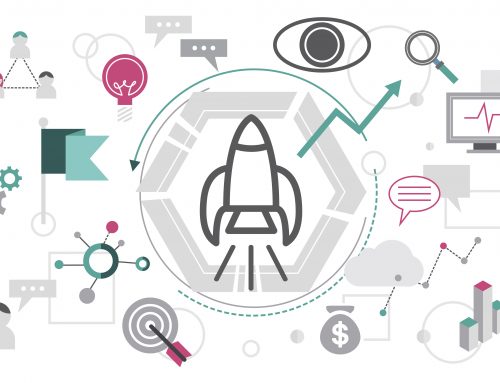
Employee Self-service, sometimes also referred as the “Employee Portal”, is an integral part of modern organizational software. Employee Self-service (hereinafter ESS) enables the Employer to involve Employees in various Management and Employee development processes.
All those activities that have previously been on paper or needed the direct contact with the Manager or HR specialist are now available in the ESS so all parties like the Employee who can also enter the information if necessary, and the Manager who can approve the requests or give feedback, and the HR specialist who administers the data and supports digital Employee Experience in the Organization, are actively involved.
Employee Self-service is in use in various areas of Human Resource Management and Leadership
 ESS is very common in managing the operational and administrative data. For example, submission of vacation requests by an Employee, approval by the Manager. Or change personal data if, for example, the surname, place of residence or identity document data should change.
ESS is very common in managing the operational and administrative data. For example, submission of vacation requests by an Employee, approval by the Manager. Or change personal data if, for example, the surname, place of residence or identity document data should change.- The GDPR also favors solutions where the Employee has an overview of the information collected about her/him, which makes the Employer’s life significantly easier and more time-saving, as there is no need to collect information on paper or in files and pass it on to the employee.
- ESS solutions are also used in payroll, where pay slips are no longer sent by e-mail, but the employee can view their payroll data and history on the Self-service portal at any time.
- Electronic work scheduling solutions are very convenient and necessary, which Employees can access and Managers make changes / approvals as needed.
- Newer solutions also allow Employees to enter the working time data and for Manager’s confirm the working hours, which is then an input to payroll.
- In larger organizations, ESS is also involved in the HR Helpdesk, where Employees can get quick answers to simpler questions online or send more in-depth inquiries, which are registered and handled systematically.
Together, all these solutions help Managers and support administration of HR processes to be much faster than ever before. All information is available in one place, changes can be made quickly and the Manager can also make approvals quickly.
Employee Self-service solutions are successfully implemented in Employee development practices (also called as Talent Management)
- Employee survey solutions are quite common, where survey participants can enter answers and survey conductors can conveniently analyze and present them later with the help of automatic reports.
- Another common use is the storage of various learning materials. For example, slides from past training that are no longer printed out and handed to participants, or instructional materials, descriptions of work processes, as well as video clips and pictures that are necessary for learning purposes. There are many more e-learning solutions in the self-service environment, and many companies use them successfully.
- In the ESS portal, one can perform various tests, manage and provide 360 feedback, competency and behavior assessments.
- A very common practice in the form of Development (Performance) Discussions has found its place in ESS. Employees and Managers can bring all interview preparation and documentation activities to the digital environment. Various Case Studies confirm that the digital process of Development (Performance) conversations requires 60% less time than before.
- Whereas previously companies created a separate intranet where Employees could communicate with each other and exchange information, newer ESS solutions combine both parties – the intranet becomes part of the Employee Self-service portal, which also includes team and social communication.

Why is Employee Self-service necessary?
Many organizations have found that Employee Self-service provides an opportunity to share relevant information with Employees and do it in a resource-efficient manner.
Using Self-service gives Employees a good opportunity to have a constant overview of their data. As a result, the data is of higher quality and can be updated faster.
ESS gives Managers back the time spent on administration. Managers can make approvals electronically, have instant access to the necessary information and overview of the data concerning their team members.
Most importantly, ESS helps an organization make its people related processes and activities significantly more efficient and faster. There is no need to enter data multiple times and duplicate activities.
There is a misconception that ESS only benefits large organizations and does not bring significant benefits to small and medium-sized enterprises.
On the contrary, the situation is quite the opposite. In small and medium-sized enterprises in particular, administrative activities are largely handled by Managers, and the resource required for this is enormous. Instead, with the support by ESS the Manager can focus and commit to doing business and setting his / her focus on team members performance.




